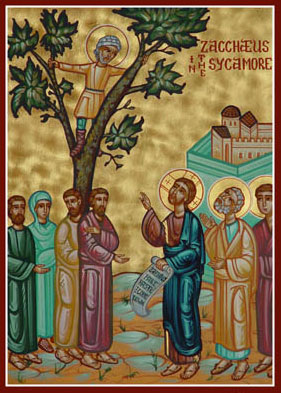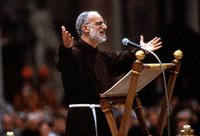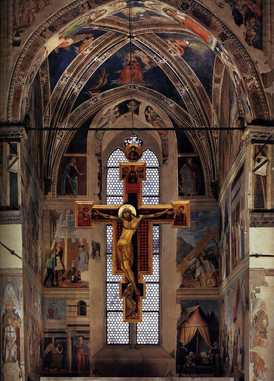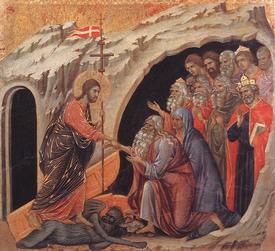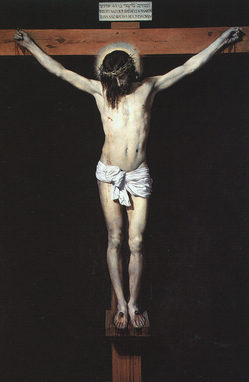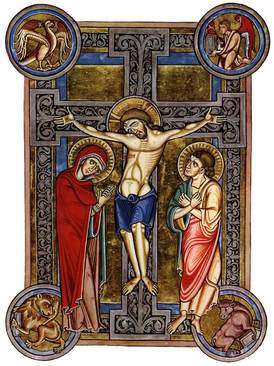The Son of Man must be lifted up…
“The Feast of the Exaltation of the Holy Cross, which, the day after the dedication of the Basilica of the Resurrection raised over the tomb of Christ, is exalted and honored, in the manner of a memorial of His paschal victory and the sign which is to appear in the sky, already announcing in advance His second coming” (Roman Martyrology)
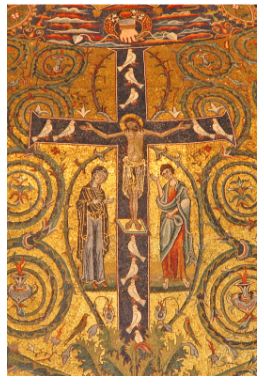
Today is a most glorious feast, one in which no Christian can ignore and claim to be a faithful follower of the Word made Flesh, the Savior of the world. It is only by and through the cross is life given and death killed. Nevertheless, this way of following was difficult for the Twelve, the Apostles, the disciples, indeed, all peoples who were attracted to Jesus and his call Life: the cross is a non-negotiable in following the path Christ has set for us. In time Christians would accept the cross as the Tree of Life, a triumph over death.
Sometime between AD 148-155 Saint Justin Martyr speaks of the cross as the standard symbol of Christians (First Apology 55-60) and by AD 211 we know that Tertullian told his students that Christians rarely do anything of substance without making the sign of the cross (De Corona 3:2) thus making the sign of the cross is a ancient symbol of blessing and one which grasps our hearts and minds and clearly identifies to Whom we belong.
We adore you O Christ, and praise you. Because by your holy cross you have redeemed the world.
Let us lift up our voices high;
With radiant faces let us cry:
Christ, through your cross you made death die!
Alleluia, Alleluia, Alleluia!
Joy to you, Cross of Christ the Lord,
Throne of our God be all adored:
Endless the songs your saints afford.
Alleluia, Alleluia, Alleluia!
O holy Cross, life-giving Tree
Through which the Church has victory:
By you, our Lord has set us free.
Alleluia, Alleluia, Alleluia!
Praise to the Father, Christ the Son,
And Holy Spirit, Three-in-One
From ransomed souls Christ’s blood has won.
Alleluia, Alleluia, Alleluia!
J. Michael Thompson
Copyright © 2009, WLP
888 with Alleluias; GELOBT SEI GOTT
